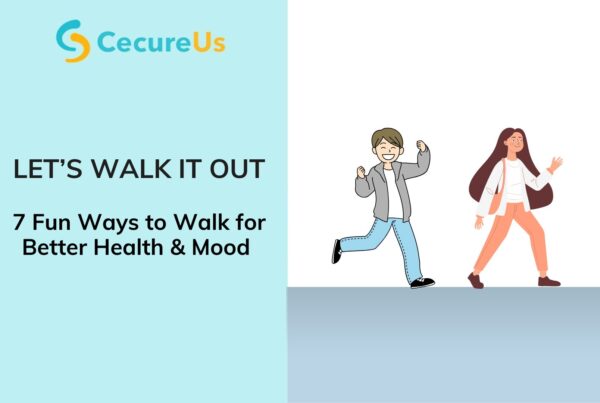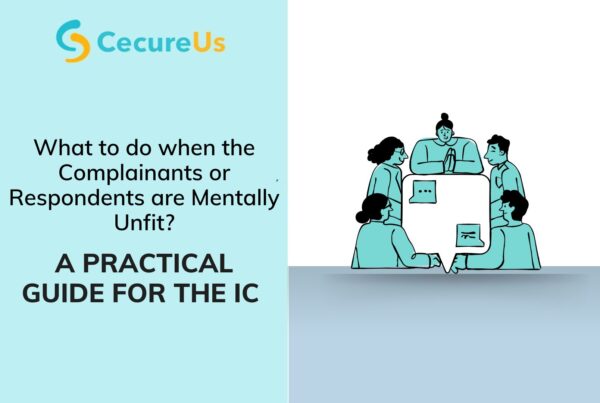 Covid-19 has pushed most of our day-to-day work-related interactions from physical locations into screens. Most organizations train their employees on the Prevention of Sexual Harassment at the workplace through training programs. This has become a priority of late. With video conferencing and online interactions making most work hours, employees need to be trained on e-etiquettes and norms for the prevention of any form of harassment to maintain strictly professional and ethical interactions with colleagues and avoid any unfortunate incidents.
Covid-19 has pushed most of our day-to-day work-related interactions from physical locations into screens. Most organizations train their employees on the Prevention of Sexual Harassment at the workplace through training programs. This has become a priority of late. With video conferencing and online interactions making most work hours, employees need to be trained on e-etiquettes and norms for the prevention of any form of harassment to maintain strictly professional and ethical interactions with colleagues and avoid any unfortunate incidents.
We know that certain behaviours construe harassment in an office. Similarly, specific online behaviours also fall into the same category. It is essential to understand how to behave and how not to, during video conferences, over phone calls, and through instant messaging, to prevent sexual harassment to colleagues and friends.
The etiquette norms for online behaviour are somewhat different from the behavioural norms to be followed when there is physical proximity. It is crucial to know these norms so that we do not accidentally make a colleague feel uncomfortable. This helps us take necessary action when required and aid in the Prevention of Sexual Harassment even when interactions are happening online.
Here is a relatable, example-based E-etiquette guide in the context of online sexual harassment while working. In-depth knowledge of these would help employees in the prevention of uncomfortable encounters while at work.
There are five major areas where one needs to be sensitized to sexual harassment norms and maintain good etiquette.
Compliments
Compliments are an excellent way to build a rapport, start a conversation, and lift a person’s mood when the chances of having a healthy relationship with your co-workers are reduced to a great extent through remote working. However, some compliments are considered harassment.
Some examples to avoid are,
- “Damn! You look so hot even over a blurry video.”
- “Your partner is lucky to be able to spend the lockdown with you in bed. I wish I could too!”
- “I want to do something sexual with you once work-from-home ends.”
- “Your <insert body part> looks great on camera.”
- “Your presentation was really sexy as you are!”
- “You look hot in that jacket today!”
Instead of such vulgar compliments, you can try respectful ones like
- “You look great/fabulous/stunning.”
- “You have a warm smile.”
These convey your compliments in a more dignified manner, thereby contributing to the prevention of harassment.
Video-calls
Behaving sexually over a video call, either by dressing skimpily or performing sexual activities during a video call, are strict No and are considered harassment. Video requests made for one’s sexual pleasure at the cost of a colleague feeling uncomfortable also is sexual harassment. Some questions to avoid are,
- “Can you tilt the camera so that I can see your body/figure?”
- “Can you show me what you are wearing beneath your shirt?”
- “Can you show me your legs/other body parts?”
- “Can you watch me perform a sexual activity?”
Images
One must ensure that photographs of colleagues are not misused in a way that will make them feel awkward. Examples of such sexual harassment behaviours include,
- Asking for images of a colleague that are provocative.
- Taking screenshots without asking for prior permission.
- Editing a colleague’s photo or adding a caption in a way that focuses on something sexual.
- Sharing pictures of your co-worker(s) in an obviously sexual website or other virtual space.
- Sharing your own sexual images.
- Sharing photographs of celebrities or others wearing skimpy clothes or in a compromising position.
Questions
Asking highly personal or intrusive questions over text, videos, or phone calls is also a way of sexual harassment. Some examples include,
- “Is this what you usually wear at home? What do you wear when you are alone/when you sleep?”
- “You sound grumpy. Is your partner not satisfying you in bed?”
- “Your eyes are swollen. Did your partner not let you sleep last night?”
- “You seem to be working late all night making presentations. Are you even planning to make some babies?”
If you are genuinely concerned about a colleague’s well-being, you can ask,
“You seem to be mood-out. Is there something bothering you?”
Small talk
While small talk is a norm and even healthy for colleagues to interact better, one must take care not to make the following or similar statements:
- “Hey, I saw some sexy pictures of you on social media.”
- “You look like you got laid over the weekend.”
- “I saw this fantastic movie yesterday where one of the characters made me feel aroused. S/he looked exactly like you.”
- “I miss our lunch break chats. I wish I could have lunch with you now.”
- “I am missing meeting you in person.”
- “Wish I could see you in a saree now!”
Stick to more comfortable terrains like talking about a camping trip, sports, or general topics.
Ensuring that you do not cross the line while interacting and consciously or accidentally sexually harass a co-worker online is extremely important for the prevention of harassment and the healthy functioning of your organization.
For more information on E-Etiquette, the appropriate and inappropriate behaviour with a colleague online, and the services related to Prevention of Sexual Harassment(POSH), write to us at connect@cecureus.com or call us at +91-7200500221





i get more information about online sexual harassment thanks a lot